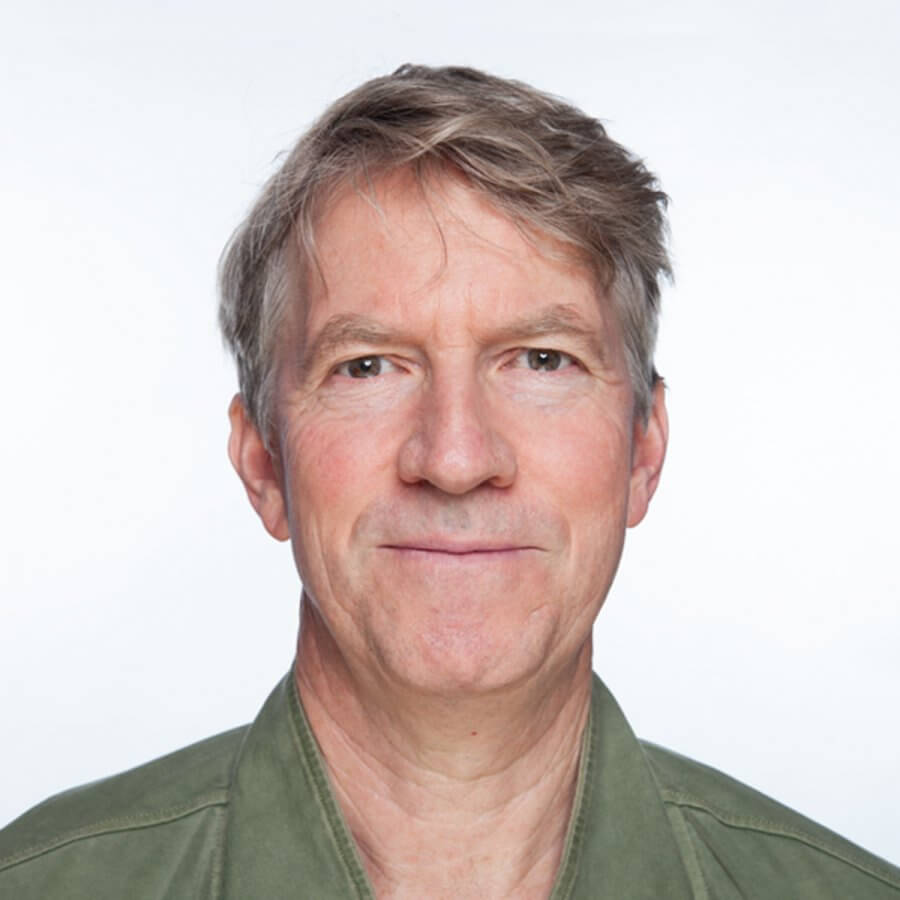About us
Institute
The Institute
id22 is a non-profit, civil-society-based organisation with about 20 members working with social-ecology and creative sustainability, connecting theory and practice in Berlin, emphasizing self-organisation.Main topics of the Institute are transformative and regenerative housing and urban development as a foundation for cultures of sustainable urban development.
History
The Institute was founded in Berlin’s UfaFabrik, a model ecological and cultural urban village, on February 14, 2003. Inspiration came from a large event in 2000, called id22: The Festival for Culture, Ecology and Community. A bottom-up, multidisciplinary approach to sustainability has been the main approach from the very start.In 2008 the Institute moved to a new Building Community in Prenzlauer Berg and then in 2012 began the move to the Spreefed Cooperative and Communit housing project in Berlin-Mitte where it is now based.
Expertise
Our Institute emphasizes communication and networking, cooperation and conviviality, with a focus on self-organisation and local initiatives. In our interdisciplinary team we combine different approaches to sustainability, working with architecture, urban planning, geography, arts and social sciences.Team

Board
Dr Michael LaFond
Initial degree and work experience in architecture. Interdisciplinary Dissertation in Urban Design and Planning in Seattle and Berlin. Since 2000 teaching contracts with a range of universities including: FU and TU Berlin, Kunsthochschule Berlin Weißensee, CIEE Future Cities, BTK and UW CHID Berlin. A variety of university, research and teaching projects deal with participatory, civil society-initiated, common good re-developments of urban land and buildings, informal planning, innovative uses of environmental technologies and democratizations of urban planning processes.
Partners include Land Berlin, the European Commission and a large number of foundations.
A focus is on urban, international Community-Led Housing: self-organized, community-oriented, inclusive and regenerative forms of housing. Another special interest is the exploration and development of convivial technologies. In this sense id22 has been developed with its diversity of communications’ strategies: Objectives include being informative and enjoyable, provocative and constructive, communicative, creative and most importantly human.

Board
Giulia Carones
Our home
Project space
The id22 Project Space is inclusive as it integrates CoWorking with project development as well as the creating and exhibiting of art. Office work complements discussions, performances and workshops. Of course the space is an example of Do-It-Together architecture, emphasizing process and participation.
Spreefeld
The Spreefeld Building and Housing Cooperative is one of Berlin’s best examples of self-organized CoHousing, providing apartments for about 130 people and working spaces for about 100. The ground level and extensive landscape bordering the Spree offer diverse places and services for the general public, including community gardens and cultural spaces, daycare and wood workshop. The buildings represent an ecological, passive standard, the site is car-free, and the opportunities for participation are many.
Spreeacker
Spreeacker was initiated by the Spreefeld Cooperative in 2011 before the construction began, to actively engage a variety of cultural, educational and gardening initiatives - incl. id22 and Spreegarten -
in the development of the site. The non-profit Spreeacker association was founded in 2014 to be able to continue to support local community gardening as well as to bring together the cooperative and neighborhood in the development of the planned Spree shore path.









